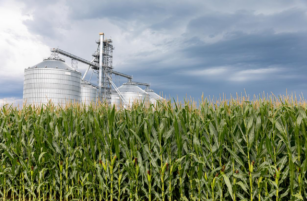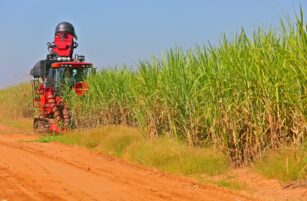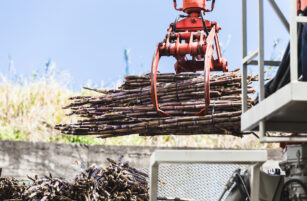Insight Focus
A new study by researchers at The Novo Nordisk Foundation Centre for Biosustainability has found that certain methods for producing bioethanol can substantially improve yields. This could lead to more efficient production, larger scale and lower environmental impact.
Novel Study Advances Bioethanol
In any product manufacturing activity, small advancements in technology and processes often lead to big gains in productivity. In the land of ethanol, a team of researchers in Denmark have discovered a way to significantly boost ethanol production efficiency and profits.
Reporting in the journal Nature Communications, researchers discovered that microbial dynamics during fermentation influence the performance of industrial bioethanol production. Additionally, they found that a new technique to monitor contamination in Brazilian ethanol production could increase revenue by more than USD 1.6 billion and reduce CO2 emissions by upwards of 2 million tonnes.
For the first time ever, researchers at The Novo Nordisk Foundation Centre for Biosustainability (DTU Biosustain) have investigated the contaminant population from the sugarcane bioethanol production process at strain-level resolution. Their study reveals how strain dynamics are directly involved in process performance, emphasizing the need for improved microbial control techniques to enhance industrial efficiency.

Bioethanol is derived from the fermentation of sugars by yeast, primarily Saccharomyces cerevisiae. However, contaminant bacteria present in the raw material can significantly affect fermentation efficiency. Until now, these contaminant microbes have been characterized using methods that did not fully capture their diversity or impact.
Bacterial Dynamics
The researchers discovered that the interplay between different species significantly impacts ethanol yield. Whenever Lactobacillus amylovorus is present in higher concentrations, yields are notably better.
“Our research provides a comprehensive analysis of microbial populations across all stages of the industrial bioethanol process in two major Brazilian biorefineries,” said researcher Felipe Lino from DTU Biosustain. “By using a combination of shotgun metagenomics and cultivation-based methods, we identified ecological factors that influence community dynamics and bioconversion efficiency.”
He added that the study demonstrates that specific bacterial strains, influenced by temperature, can either hinder or enhance ethanol yield. “This improvement could only be achieved with the advanced techniques we utilized,” he said.
Professor Morten Sommer from DTU Biosustain explained, “We have mapped the microbial populations at strain-level resolution to uncover the true impact of non-yeast microbes on fermentation performance. We identified specific strains of the L. fermentum species causing the most damage to the process, while other strains are neutral and should even be kept as a buffer against harmful ones.
“Increased temperatures were linked to the growth of specific L. fermentum strains that negatively affect yeast viability and fermentation efficiency. This underscores the importance of adopting higher resolution methods in the future to monitor microbial communities.”
The results of this study could lead to the development of novel microbial and process control solutions that can control undesirable microbes and unlock significant performance improvements in bioethanol production. This can translate to more cost-effective biofuels, increased efficiency, and a substantial reduction in CO2 emissions, supporting global efforts to reduce greenhouse gas emissions.












